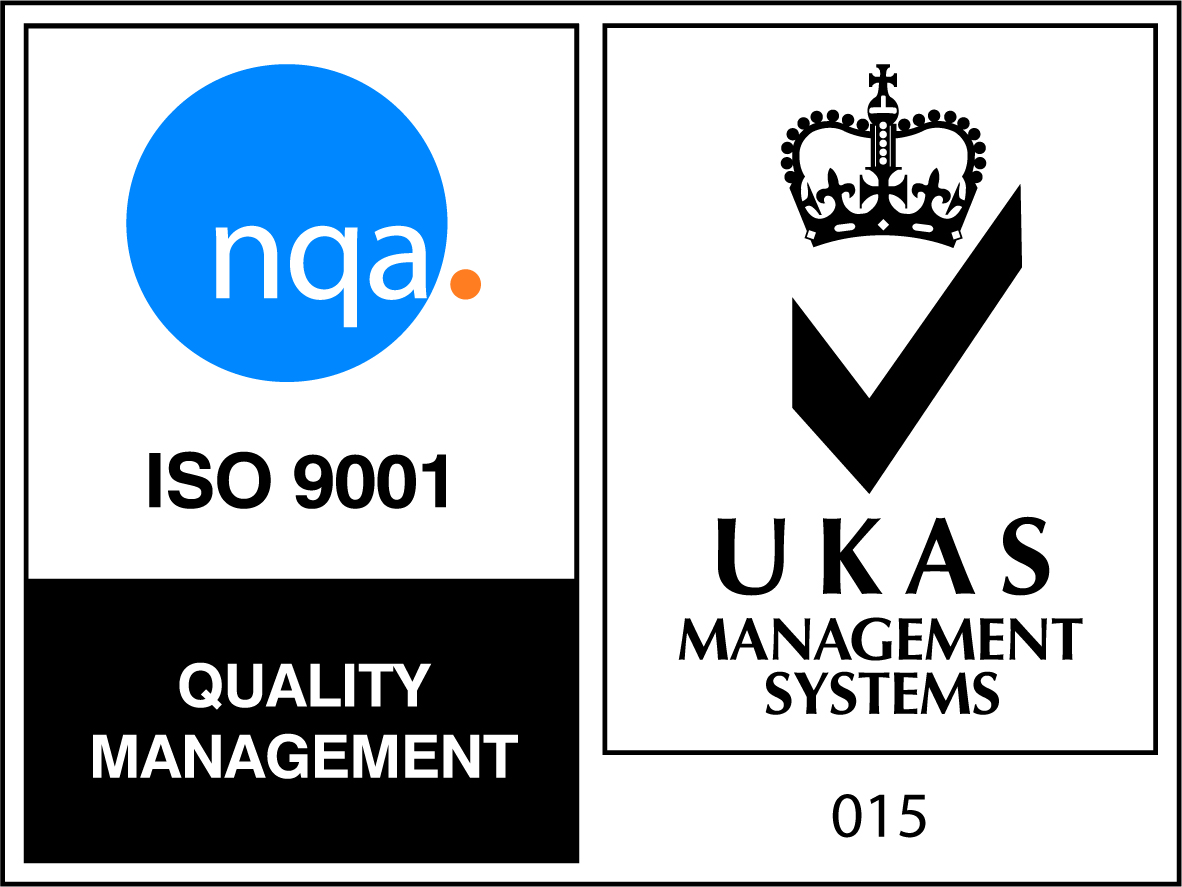A Simple Guide to Engineering Apprenticeships for School Leavers

So, you’re in your final school year and people keep asking, “What are you going to do next?” If you’ve got a head for problem-solving, enjoy hands-on projects, or just love figuring out how things work, an engineering apprenticeship might be the perfect path for you.
Let’s break it down and see why engineering apprenticeships could be your best route into an exciting, well-paid career.
What Is an Engineering Apprenticeship?
An engineering apprenticeship is your chance to get straight into the world of engineering while being paid to learn. It’s the perfect mix of practical work experience and structured training. You’ll be working alongside skilled professionals, developing the technical skills you need to become an engineer, all while earning a salary. Think of it as skipping the traditional classroom route and learning on the job from day one! Learn more here.
Why Choose an Engineering Apprenticeship?
If you’re someone who learns best by doing, engineering apprenticeships offer a load of benefits, including:
Earn while you learn: No need to worry about paying for your training or building up debt. You’ll earn a wage from day one.
Hands-on experience: Instead of just reading about engineering theories, you’ll be working on real projects—whether that’s helping to build bridges, design machines, or maintain complex systems.
Get qualified: You’ll still come away with recognised qualifications. Depending on your apprenticeship level, this could be the equivalent of GCSEs, A-levels, or even a university degree!
Job-ready: Many engineering apprentices are offered full-time positions after completing their apprenticeship. So, by the time your friends are finishing uni, you could already have years of experience and a permanent job.
How Does an Engineering Apprenticeship Work?
Apprenticeships in engineering can last between two and four years, depending on the type and level. During that time, you’ll spend around 80% of your week working for an employer and 20% doing formal training—this might be in a college, with a training provider, or even through online learning. You’ll gain practical skills and knowledge, with your employer supporting your development throughout the apprenticeship.
You’ll be assessed throughout your apprenticeship, but don’t worry, this won’t be like sitting exams in school. It’s all about proving you can do the job through practical tasks and portfolio work, with some theory included to help you understand the “why” behind what you’re doing.
Types of Engineering Apprenticeships
There are loads of engineering fields you can dive into, depending on what sparks your interest. Here are a few of the main options:
Mechanical Engineering: If you love designing, building, and maintaining machines, this is for you. You could be working on anything from automotive parts to industrial machinery.
Electrical Engineering: This involves working with electrical systems—whether that’s designing circuits, maintaining power grids, or developing new electrical technologies.
Civil Engineering: Interested in designing infrastructure like bridges, roads, and tunnels? Civil engineering is all about large-scale construction and making sure our cities and towns work efficiently.
Aerospace Engineering: Dream of working with planes, spacecraft, or drones? Aerospace engineering apprenticeships can set you up for a career in this high-tech, exciting industry.
Manufacturing Engineering: This field focuses on improving processes in factories and production lines—whether that’s ensuring efficiency or creating systems to make the production smoother and faster.
How Much Will You Earn?
Apprentices in engineering generally earn above the national minimum wage for apprenticeships, with starting salaries often between £12,000 and £18,000 per year, depending on the level of apprenticeship and your employer. As you gain experience and progress through the apprenticeship, your wage will increase. In some sectors like aerospace or mechanical engineering, the pay can be even higher.
By the time you finish your apprenticeship, you’ll not only be qualified but also well-paid, with salaries for fully qualified engineers often starting around £25,000 or more.
What Qualifications Will You Get?
The qualifications you earn will depend on the level of your apprenticeship. Here’s a breakdown:
Intermediate (Level 2): Equivalent to GCSEs. Great for getting started if you’re fresh out of school.
Advanced (Level 3): Equivalent to A-levels. This is a common starting point for many school leavers.
Higher (Level 4 and 5): Equivalent to a foundation degree or HND. Perfect if you’re looking to develop more specialized skills.
Degree Apprenticeships (Level 6 and 7): Equivalent to a full bachelor’s or even a master’s degree in engineering. If you want to reach the top of the field without university debt, this is the way to go!
Download our Simple Guide to Apprenticeships here.
Who Can Apply?
If you’re 16 or older, you can apply for an engineering apprenticeship. Most employers will expect you to have at least some GCSEs, particularly in subjects like Maths, Science, and possibly English. For higher-level apprenticeships, A-levels (or equivalent) in Maths, Physics, or a relevant subject may be required.
However, don’t let that put you off—there are often apprenticeships available that don’t require high grades, as long as you’re eager to learn and passionate about engineering.
How to Apply
Here’s how to get started:
- Research: Take a look at our live vacancies to search for engineering apprenticeships in your area or industry. Look into the type of engineering that interests you—whether it’s aerospace, mechanical, or electrical.
- Attend an Open Day: What better way to gain advice about what’s out there, than attend an Open Day for Apprenticeships!
- Apply: Fill out the online applications for apprenticeships that interest you. Make sure to explain why you want to get into engineering and how you’re eager to learn and grow in the industry. Take a look at our Interview Tips for further advice when you get to the interviewing stage!
The Future with an Engineering Apprenticeship
By the time you finish your apprenticeship, you won’t just have qualifications—you’ll have several years of hands-on experience in the engineering industry. Employers love this, as it shows you can hit the ground running. From there, you can continue climbing the career ladder, move into management, or even specialise in a particular area of engineering.
Many former apprentices go on to become highly skilled engineers, earning top wages and working on groundbreaking projects, whether it’s designing eco-friendly energy systems, building faster trains, or even working on space missions.
Discover the different career pathways you could achieve with an engineering apprenticeship.
Final Thoughts
If the thought of spending more years in a classroom doesn’t excite you, but you love solving problems, working with your hands, and getting stuck into real-world challenges, an engineering apprenticeship could be your golden ticket. You’ll get paid, get qualified, and—best of all—you’ll be building a solid career from day one.
So, if you’re ready to make the jump into the world of engineering, start looking for apprenticeships and get ready to take your first step towards an exciting, rewarding future!
With engineering apprenticeships offering such a broad range of opportunities, the choice is yours. It’s time to dive in and start building the future—literally.

